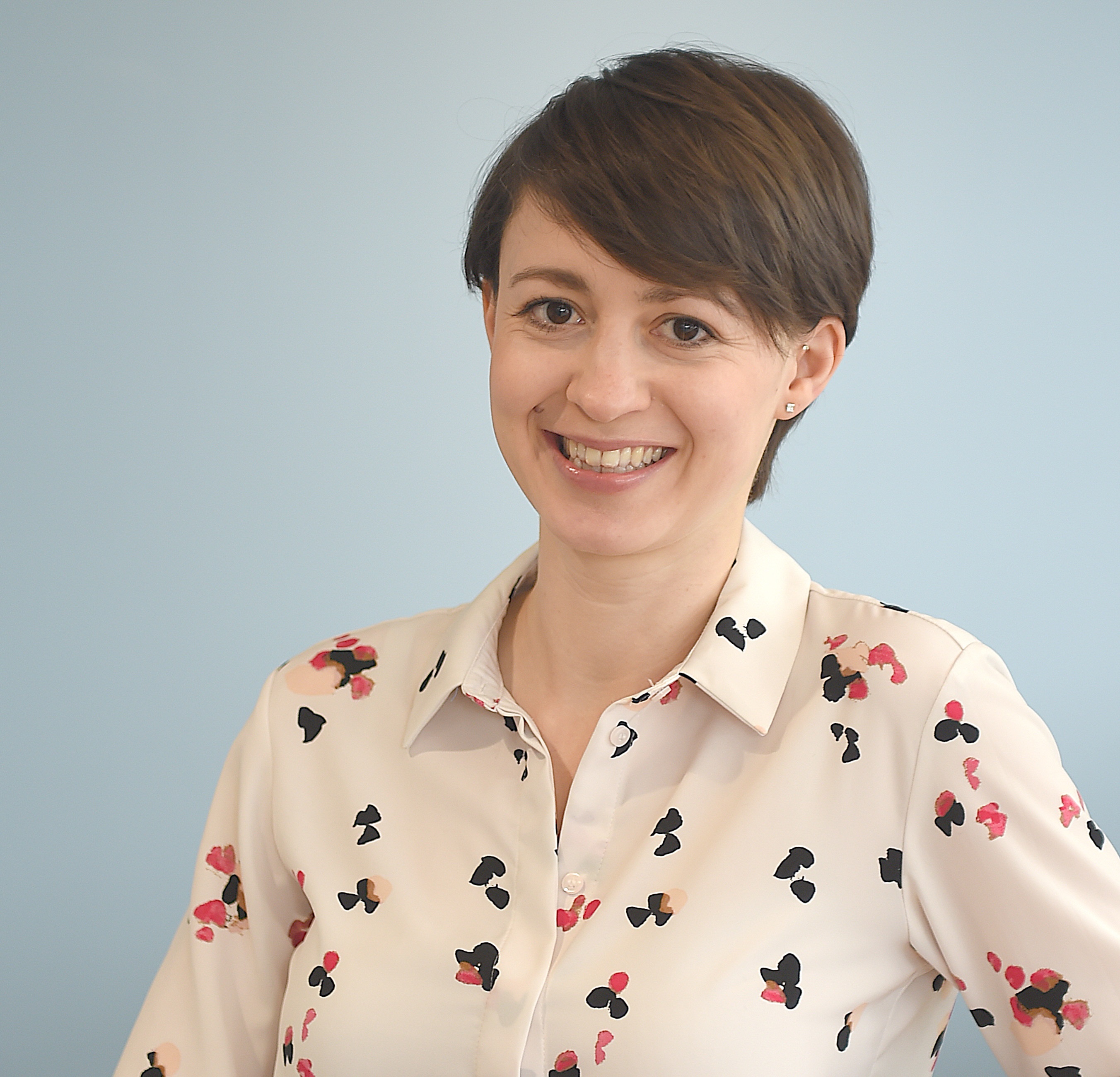
Hannah Carver
I am a Lecturer in Substance Use at University of Stirling, teaching at undergraduate and postgraduate level on drug and alcohol policy and interventions. I am a qualitative researcher with interests in families, young people, women and homelessness. I am working on several research and knowledge exchange activities in health, homelessness and substance use. I am involved in a NIHR funded feasibility study of a peer-delivered relational intervention for people experiencing homelessness and problem substance use; a CSO funded study of Managed Alcohol Programmes in Scotland; a SSA funded project of substance use prevention in young people; and an anti-stigma campaign for families affected by the death of a loved one due to drugs/alcohol. I am also working on several systematic reviews, including metaethnographies, realist reviews and integrative reviews, in the area of substance use, mental health and homelessness.
Managed alcohol programmes in Scotland: Emergent findings from a scoping study
Presentation link: Managed alcohol programmes in Scotland: Emergent findings from a scoping study
Presentation audio: Managed alcohol programmes in Scotland: Emergent findings from a scoping study
Background: There are high rates of problem alcohol use across the UK and worldwide, with severe negative effects on health. Those experiencing homelessness are more likely to experience significant harms and, because abstinence-based interventions are challenging for this group, harm reduction approaches are needed. Managed Alcohol Programmes (MAPs) are used in other countries with early evidence showing benefits including reduced alcohol-related harm, improved relationships and quality of life, and potential cost-benefits. This study aims to establish whether there is a case to develop MAPs in Scotland by examining the potential number of eligible people who could benefit, and eliciting stakeholder views on risks/benefits.
Methods: A mixed methods study was conducted in third sector services in Scotland. Case notes of people who would be eligible for MAPs were analysed to understand more about the characteristics of the potential beneficiary population. Individual semi-structured interviews were conducted with staff in third sector services; service commissioners and policy decision makers; and potential beneficiaries to explore the utility of different MAP models. Interviews were analysed using Framework Analysis.
Results: This presentation will discuss the emergent findings from the study, providing an overview of participant views of the potential of MAPs to meet the needs of people with significant alcohol problems in Scotland.
Conclusions: The findings will be used to design a full UK feasibility trial. Innovative harm reduction approaches to alcohol use are essential for those experiencing homelessness and wider social inequalities.